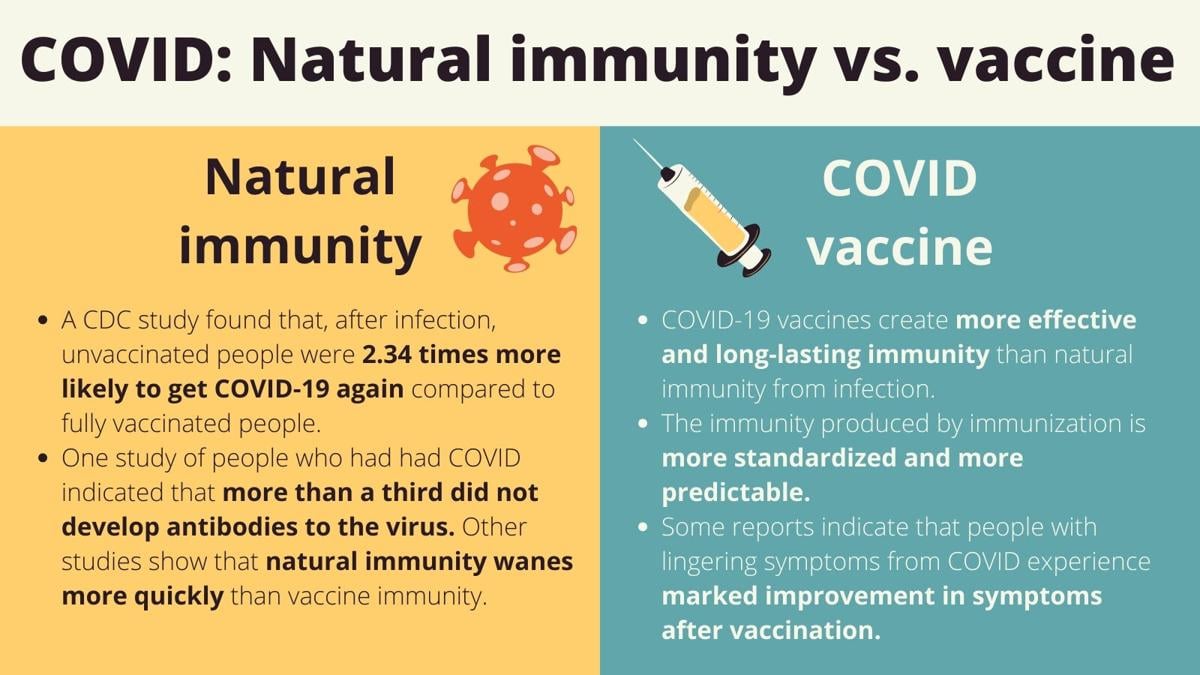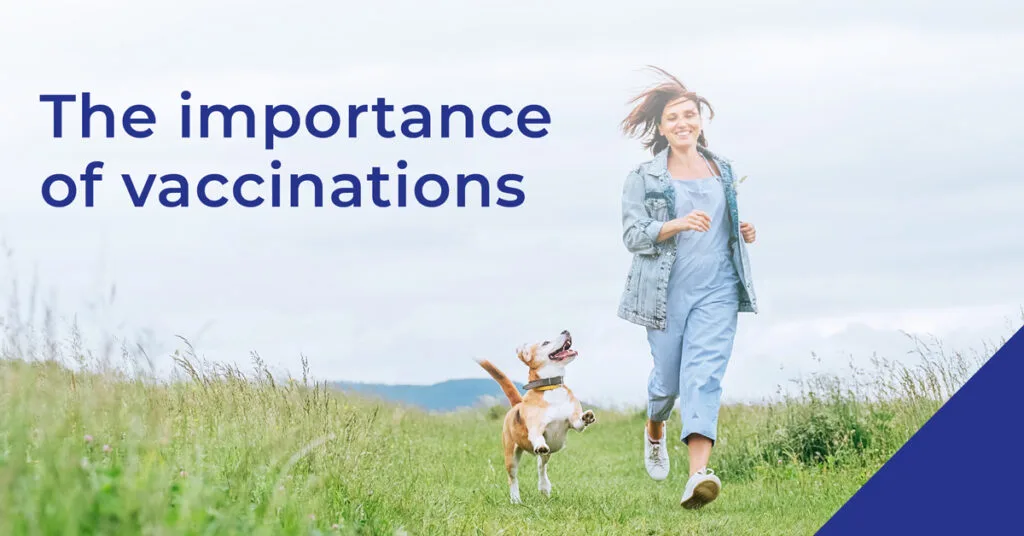The Importance of Vaccinations: Debunking Myths and Misconceptions
Introduction
In recent years, the topic of vaccinations has become a subject of intense debate. While vaccinations have been proven to be highly effective in preventing various diseases and saving lives, there are still numerous myths and misconceptions surrounding them. In this article, we will delve into the importance of vaccinations, address common myths, and provide evidence-based information to dispel any doubts or concerns.
Table of Contents
- The Significance of Vaccinations
- How Vaccines Work
- Vaccine Safety and Effectiveness
- Common Myths and Misconceptions
- Myth #1: Vaccines Cause Autism
- Myth #2: Natural Immunity is Superior to Vaccination
- Myth #3: Vaccines Contain Harmful Ingredients
- Debunking Vaccination Myths with Scientific Evidence
- The Role of Vaccinations in Public Health
- Vaccinations and Herd Immunity
- The Consequences of Vaccine Hesitancy
- Vaccine Education and Awareness
- Conclusion
- Frequently Asked Questions (FAQs)
1. The Significance of Vaccinations

Vaccinations play a crucial role in safeguarding individuals and communities from infectious diseases. They stimulate the immune system to produce an immune response, which helps protect against future infections. By receiving vaccines, individuals acquire immunity to specific diseases without experiencing the full-blown illness, thus reducing the risk of severe complications or even death.
2. How Vaccines Work

Vaccines contain small, harmless fragments of pathogens or weakened versions of the disease-causing microorganisms. When administered, vaccines prompt the immune system to recognize and remember these pathogens. This recognition enables the immune system to mount a swift and robust response when exposed to the actual disease in the future, effectively preventing or minimizing its impact.
3. Vaccine Safety and Effectiveness

Vaccines undergo rigorous testing and evaluation before being approved for use. Regulatory authorities meticulously assess their safety, efficacy, and potential side effects through extensive clinical trials. The benefits of vaccinations far outweigh the risks, as vaccines have proven to be highly safe and effective in preventing diseases that were once widespread and devastating.
4. Common Myths and Misconceptions
One of the most persistent myths surrounding vaccines is the unfounded claim that they cause autism. This misconception originated from a discredited study and has been thoroughly debunked by extensive scientific research. Multiple studies involving large populations have found no evidence of a link between vaccines and autism. Vaccines are a vital tool for preventing diseases and have no association with the development of autism.

Some individuals argue that natural immunity acquired through experiencing a disease is superior to vaccination. While recovering from an illness can provide immunity, it often comes at a significant cost. Diseases such as measles, polio, or pertussis can lead to severe complications and even death. Vaccination offers a safer and more reliable way to develop immunity without experiencing the risks associated with the actual diseases.

Another prevalent misconception is the belief that vaccines contain harmful ingredients that can have adverse effects on health. Vaccines are carefully formulated and undergo rigorous quality control to ensure their safety. The ingredients used in vaccines, such as preservatives or adjuvants, are present in extremely small quantities and have been extensively studied. The benefits of vaccination in preventing diseases far outweigh any potential risks associated with these ingredients.
5. Debunking Vaccination Myths with Scientific Evidence
Scientific research and numerous studies have consistently debunked the myths and misconceptions surrounding vaccines. Large-scale studies involving thousands of participants have failed to find any credible evidence linking vaccines to autism or other serious health conditions. The overwhelming consensus among the scientific community is that vaccines are safe, effective, and essential for public health.

Vaccinations have played a pivotal role in eradicating or significantly reducing the prevalence of many infectious diseases. Diseases such as smallpox and polio, which once caused widespread suffering and death, have been largely eliminated through widespread vaccination efforts. Vaccinations not only protect individuals but also contribute to the overall health and well-being of communities by preventing the spread of contagious diseases.
7. Vaccinations and Herd Immunity
Herd immunity, also known as community immunity, occurs when a significant portion of the population is immune to a particular disease. This indirect protection helps safeguard vulnerable individuals who cannot receive vaccinations due to medical reasons. By vaccinating a large portion of the population, we can effectively control the spread of diseases and protect those who are unable to be vaccinated, such as infants or individuals with compromised immune systems.
8. The Consequences of Vaccine Hesitancy

Vaccine hesitancy, the reluctance or refusal to vaccinate despite the availability of vaccines, poses significant risks to public health. It can lead to outbreaks of preventable diseases and compromise the achievements made through vaccination programs. Misinformation and fear can contribute to vaccine hesitancy, emphasizing the importance of accurate education and awareness campaigns to address concerns and provide evidence-based information.

To combat misinformation and address vaccine hesitancy, it is crucial to prioritize vaccine education and awareness initiatives. Healthcare professionals, public health authorities, and the media play pivotal roles in disseminating accurate information about vaccines and addressing concerns. By engaging in open, respectful, and evidence-based discussions, we can foster a better understanding of the importance of vaccinations and dispel myths and misconceptions.

10. Conclusion
Vaccinations are a cornerstone of public health, offering protection against numerous infectious diseases. They are safe, effective, and have saved countless lives. Debunking the myths and misconceptions surrounding vaccines is essential to ensure that accurate information reaches the public. By promoting education, raising awareness, and addressing concerns, we can continue to reap the benefits of vaccinations and safeguard the health of individuals and communities worldwide.
Q1: Are vaccines completely risk-free?
A1: While vaccines are generally safe, like any medical intervention, they can have potential side effects. However, serious side effects are extremely rare, and the benefits of vaccination in preventing diseases far outweigh the risks.
Q2: Can vaccines cause the diseases they are meant to prevent?
A2: No, vaccines cannot cause the diseases they are designed to protect against. Vaccines contain either weakened or inactivated pathogens that stimulate the immune system without causing the illness.
Q3: Do vaccines contain harmful toxins?
A3: Vaccines contain small amounts of substances that help boost the immune response, such as preservatives or adjuvants. These ingredients are present in minuscule quantities and have been thoroughly studied for their safety.
Q4: Can natural immunity replace vaccination?
A4: While natural immunity can provide protection against certain diseases, it often comes at a significant cost in terms of potential complications and even death. Vaccination offers a safer and more reliable way to develop immunity without experiencing the risks associated with the actual diseases.
**Q5: How do vaccines contribute to public health?
A5: Vaccines play a vital role in public health by preventing the spread of infectious diseases. They help control outbreaks, reduce the burden on healthcare systems, and protect vulnerable populations who are unable to receive vaccinations. By achieving high vaccination rates, we can create a safer and healthier society for everyone.






 Viesearch - The Human-curated Search Engine
Viesearch - The Human-curated Search Engine

80 Comments